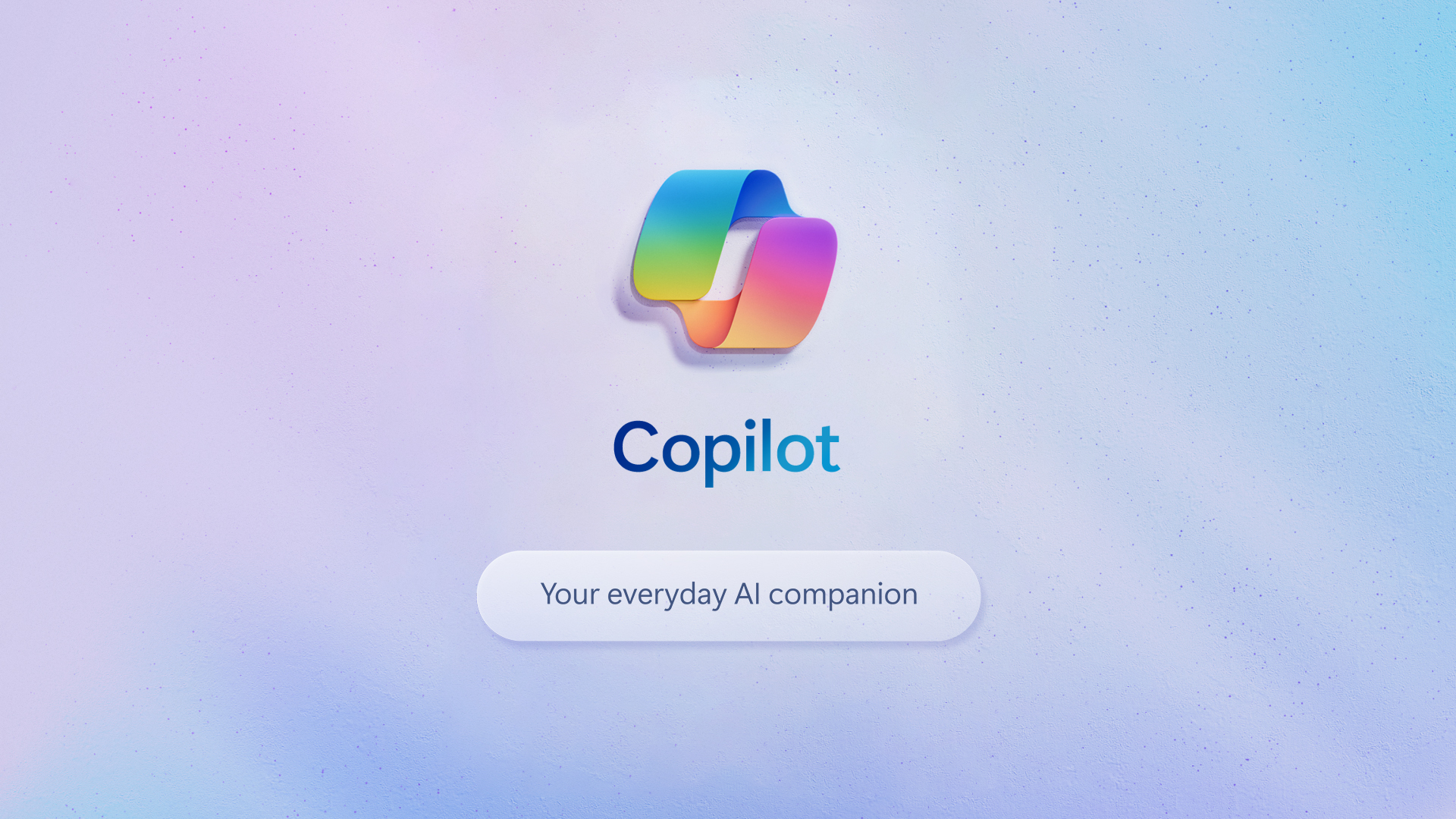How can your business prevent data loss or a data security breach?
The working world is reliant on data, so businesses must ensure data security. It is essential. Without adequate business data security in place, it can have devastating effects, including loss of data and time, damaged reputation and more.
According to IT Governance, "43% of UK companies have suffered a data security breach or cyber attack in the last 12 months”. It is not only the financial cost that businesses have to consider; it’s also the time spent recovering from a cyber-attack, the potential for a decline in reputation, and the loss of data. This can be quite costly for businesses, incurring a significant amount to implement cyber recovery services.
Staggeringly, only 40% of businesses in the UK use a Managed Service Provider (MSP) or Managed Security Service Provider (MSSP). By doing so, and signing up to use their cyber security services, it can provide organisations with robust cyber security.







